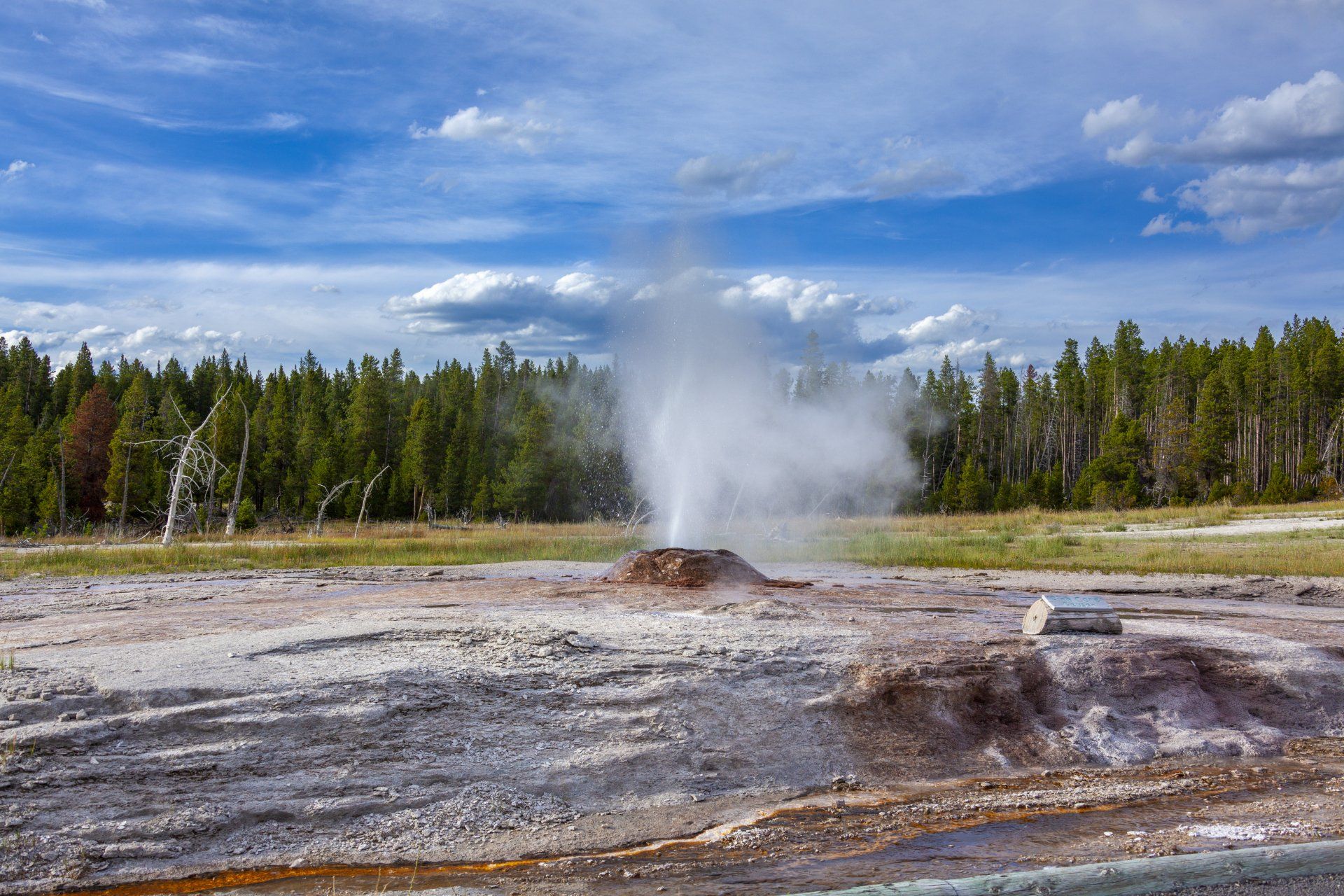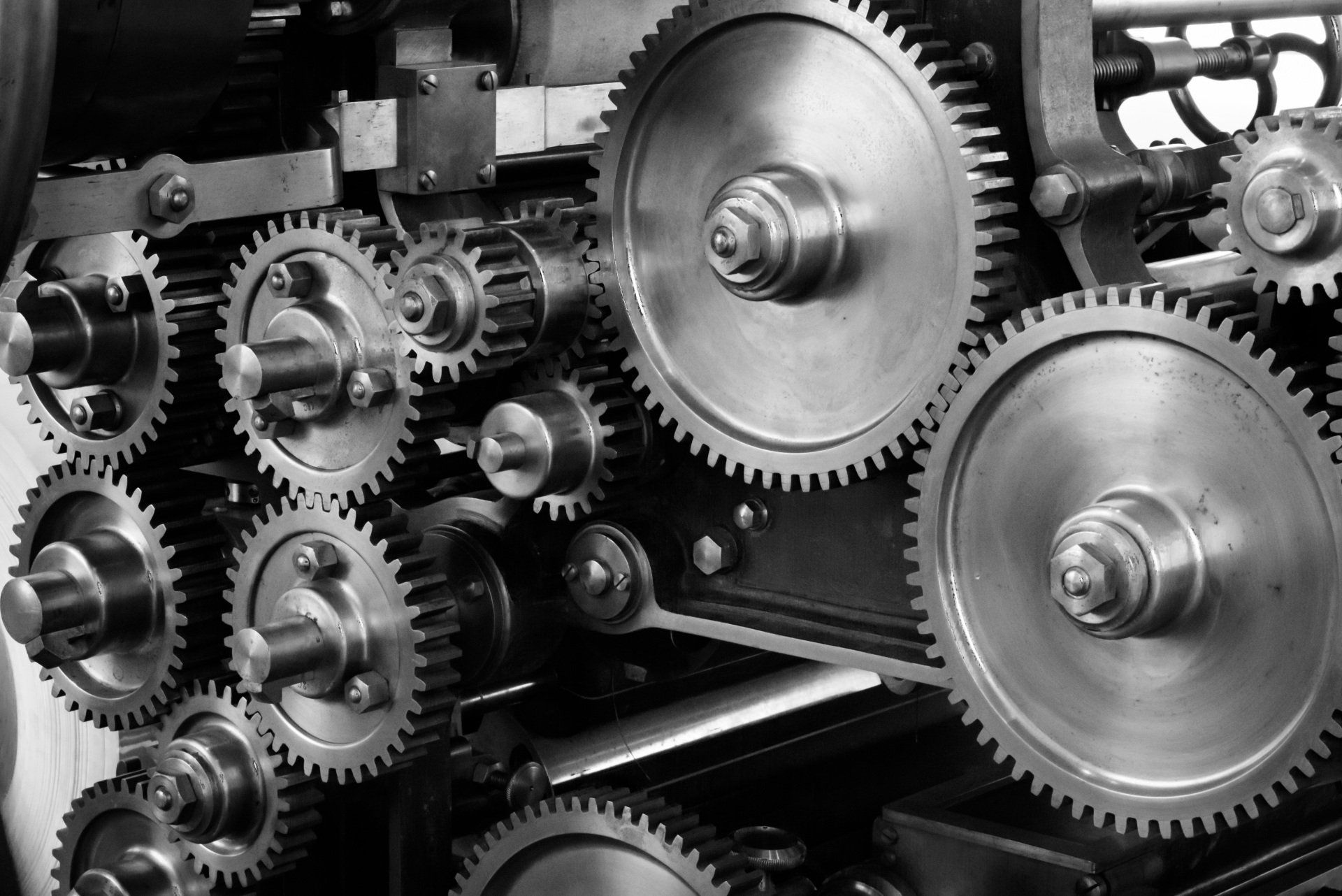Instrumentation
C O U R S E S
Quick Links
This course describes the main elements of a control system in
proportional only, proportional plus integral, and plus derivative control. The advantages and disadvantages of each are discussed. The course also describes the principles behind the selection of controller types and controller actions.
This course is designed for process, electrical and
instrumentation engineers involved in field or plant operations,
plant process control and maintenance, and senior engineers
and managers.
Instrumentation is the art of measuring the value of some plant parameter, pressure, flow, level or temperature and supplying a signal that is proportional to the measured parameter. This course covers the instrumentation equipment normally used to measure and provide signals.
This course is designed for newly employed instrumentation
and process engineers and technicians.
Instrumentation Installations in Hazardous Areas: Classification and Equipment Selection
Duration: 5 days | Level: Intermediate
This course explains the basic concepts of hazardous areas, area classification material and temperature classification, standards, design, and selection of suitable protection methods for instrumentation to be used in this area.
This course is designed for electrical, control system, process
control and instrumentation engineers. Plant engineers,
instrumentation technicians, operations technicians, electrical
maintenance technicians and supervisors will also benefit from this course.
Instrumentation System Selection, Maintenance, and Troubleshooting
Duration: 5 days | Level: Intermediate
This training course familiarizes participants with common
industrial instrumentation systems and teaches them to setup,
calibrate and troubleshoot common sensors, transducers and
instrumentation systems. This training course uses a variety of
sensors and transmitters and calibration equipment to explain
and demonstrate key concepts.
This course is designed for instrumentation engineers and
technicians who are responsible for installation, maintenance
and troubleshooting such systems.
The main objective of this course is to give an overview of the
classical and modern control theories in continuous and discrete time, and extend their application to control the industrial processes.
This course is designed for automation, electrical,
instrumentation and maintenance engineers.
Process Control Applied for Rotating Equipment (Compressors & Gas Turbines)
Duration: 5 days | Level: Intermediate
This course covers a comprehensive understanding of
design, operation, maintenance, and control for rotating
equipment (compressors, pumps and energy generators) and
troubleshooting.
This course is designed for process engineers, rotating
equipment engineers, control engineers and operations
supervisors.
Programmable Logic Controllers; Architecture and Basic Programming PLC
Duration: 5 days | Level: Basic
This course has been designed to improve basic understanding and principles of programmable Logic Controller (PLC) and conversion of relay logic to a PLC language, it also covers troubleshooting techniques application and practical considerations.
This course is designed for instrumentation, electrical and
control first and senior engineers/technicians.
The objective of this course is to familiarize SCADA personnel
with the security issues they need to be aware of, and provide
detailed knowledge of security threats and recognized
solutions. It also presents as a workshop program with a series
of SCADA security analysis and design activities.
This course is designed for professionals (managers, planners,
support personnel), instrumentation personnel, IT professionals,
and SCADA vendors/designers.
This course is designed to present SCADA and industrial
computing personnel with a clear understanding of just how
their environment is being affected by the changes in industry
best practices.
This course is designed for SCADA systems personnel
(intermediate and senior), process engineers and managers,
operations and maintenance, managers, engineers and
technicians.










